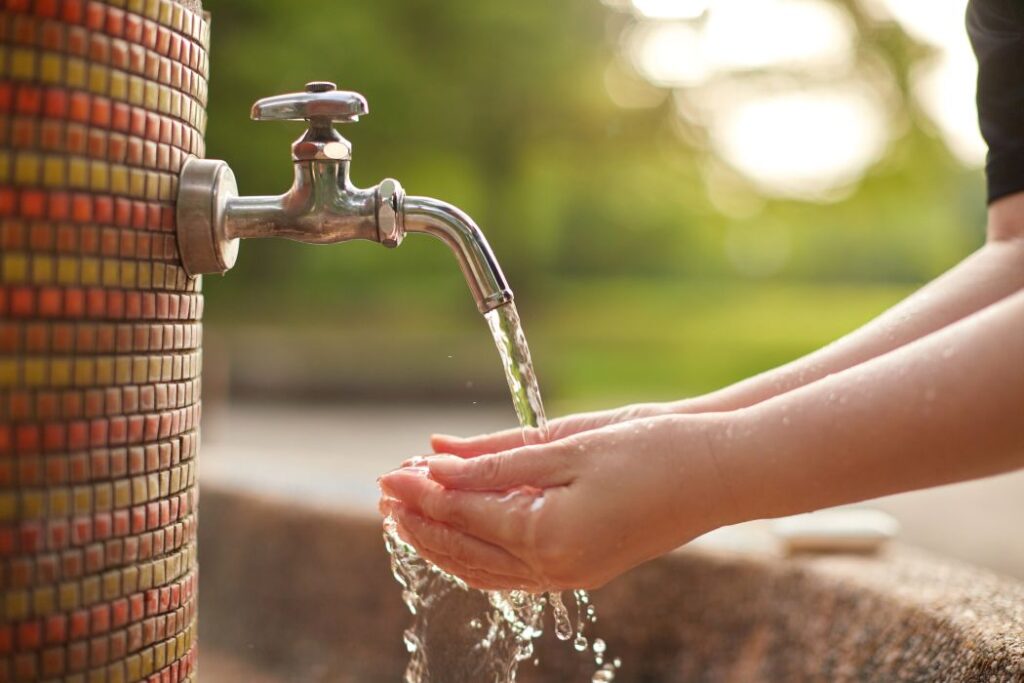According to the 2024 Annual Groundwater Quality Report released by the Central Government’s Groundwater Board, water from seven districts in the state was deemed unfit for drinking due to high nitrate levels. This raised concerns about the presence of nitrates in drinking water.
However, it has now been confirmed that the water supplied by the Mumbai Municipal Corporation (BMC) contains nitrate levels well within safe limits, making it cleaner and purer than bottled water for the 1.5 crore residents of Mumbai.

Nitrate Levels Meet BIS Standards
As per the Bureau of Indian Standards (BIS), drinking water with nitrate levels up to 45 mg per liter is considered safe. Any level exceeding this is harmful to health. Though Mumbai sources its water from Thane district, nearly 125 km away, it undergoes a rigorous purification process at various stages before being distributed through 27 reservoirs across the city and suburbs. The water is then supplied through an extensive 6,000-km-long pipeline network. Officials have confirmed that nitrate levels in BMC-supplied water remain within the prescribed safety standards.
Higher Risk for Infants
- Contaminants and harmful chemicals seeping into groundwater can pollute water sources, which then travel to distant areas.
- Excess nitrate in water is a serious concern as it poses risks to both environment and health. Infants are the most vulnerable to its effects.
- High nitrate levels can lead to health issues such as Blue Baby Syndrome, a condition affecting oxygen circulation in infants, along with other blood circulation-related disorders..
Strict Water Purity Testing
Before distribution, Mumbai’s purified water undergoes multiple tests at various levels, including raw water, clarifier, filter, and final stage. At each stage of purification, water is tested by advanced machines, ensuring quality standards are met before supply.
Dams Supplying Water to Mumbai
Mumbai’s drinking water is sourced from seven major dams, including Tansa Dam, Modak Sagar Dam, Upper Vaitarna Dam, Vihar Lake Dam, Tulsi Lake Dam, Bhatsa Dam, and Middle Vaitarna Dam. These reservoirs collectively have a total water storage capacity of 1,447,000 million liters, ensuring a steady and reliable supply of water to the city.
